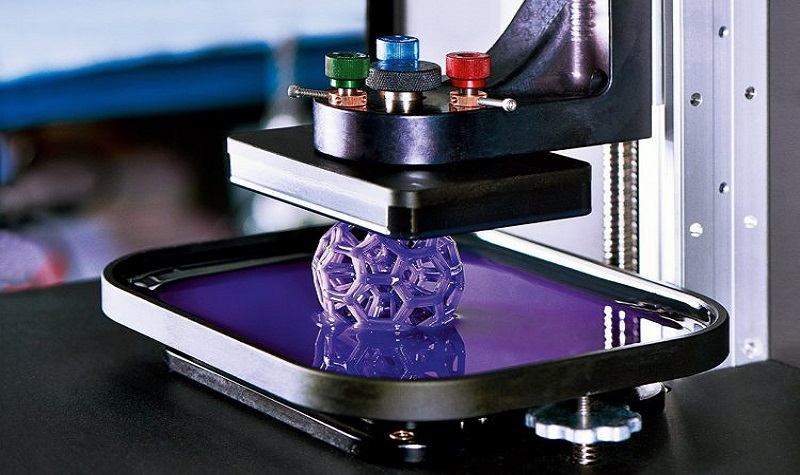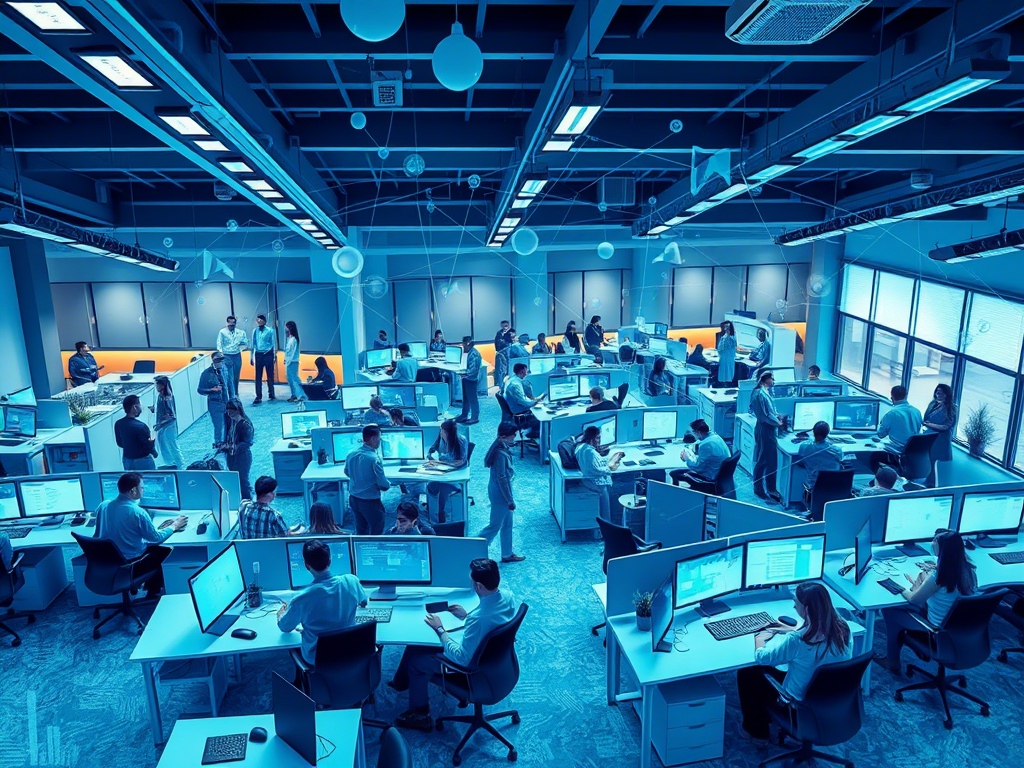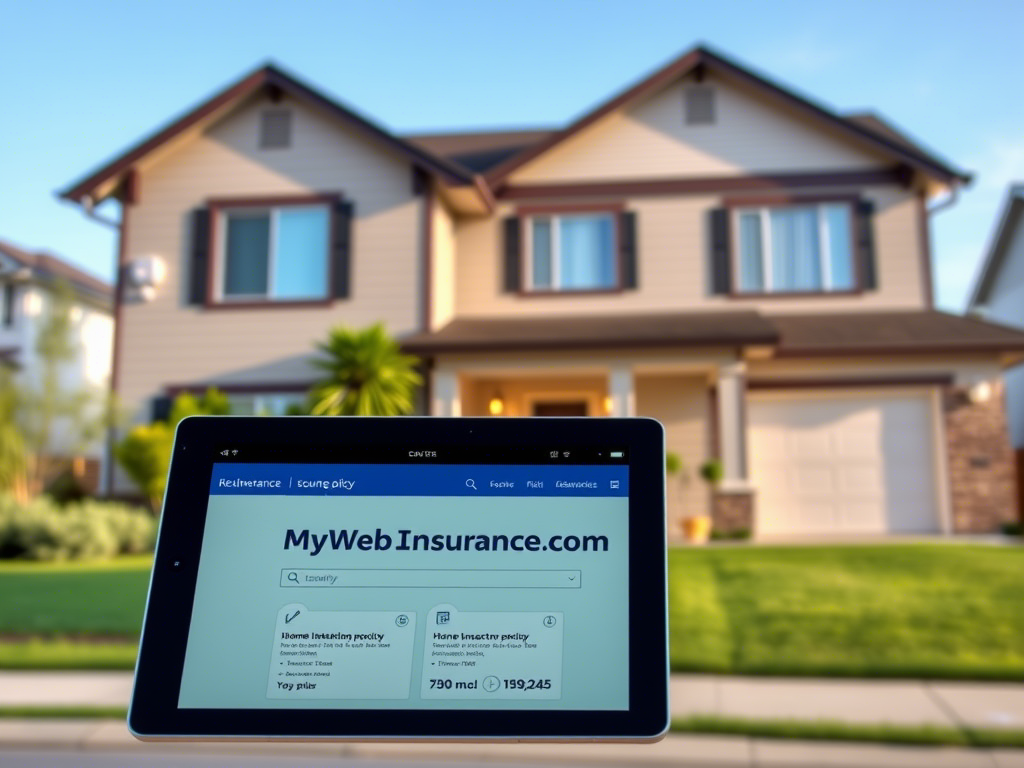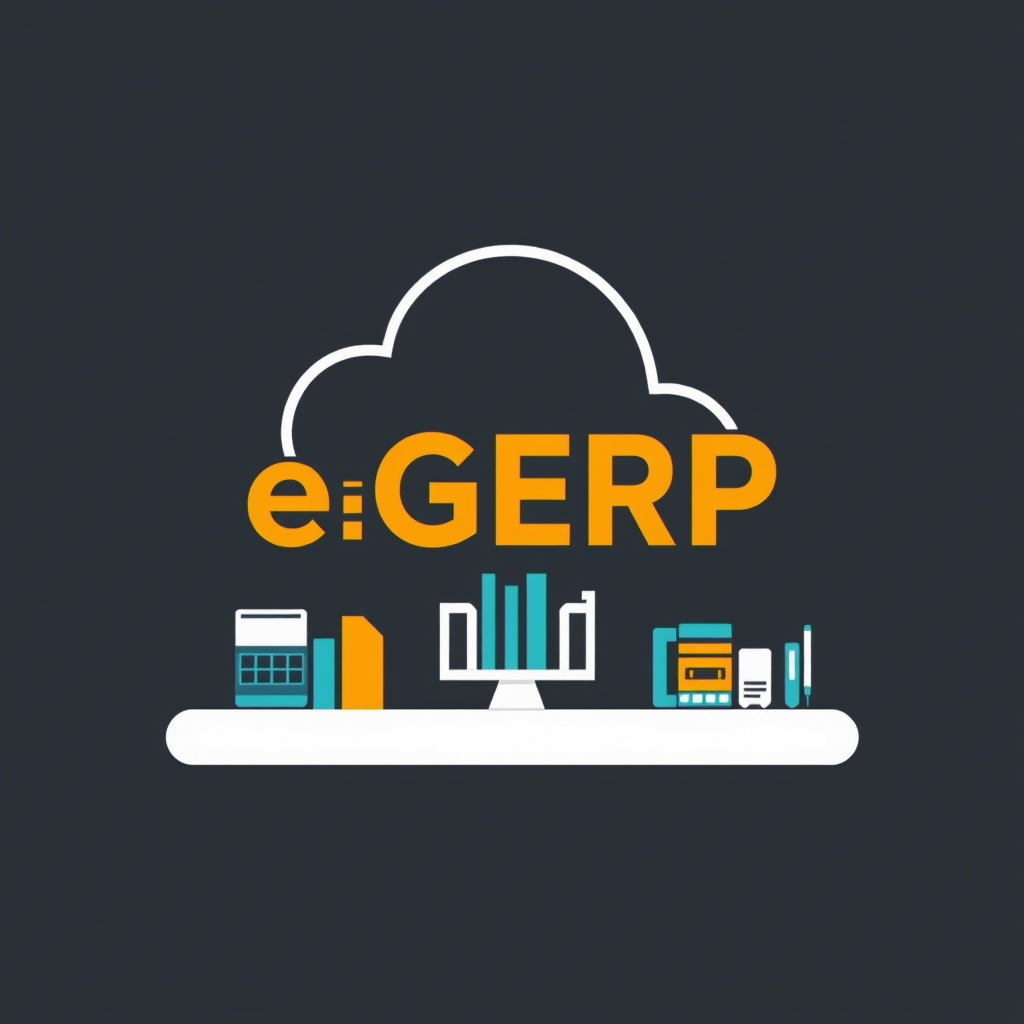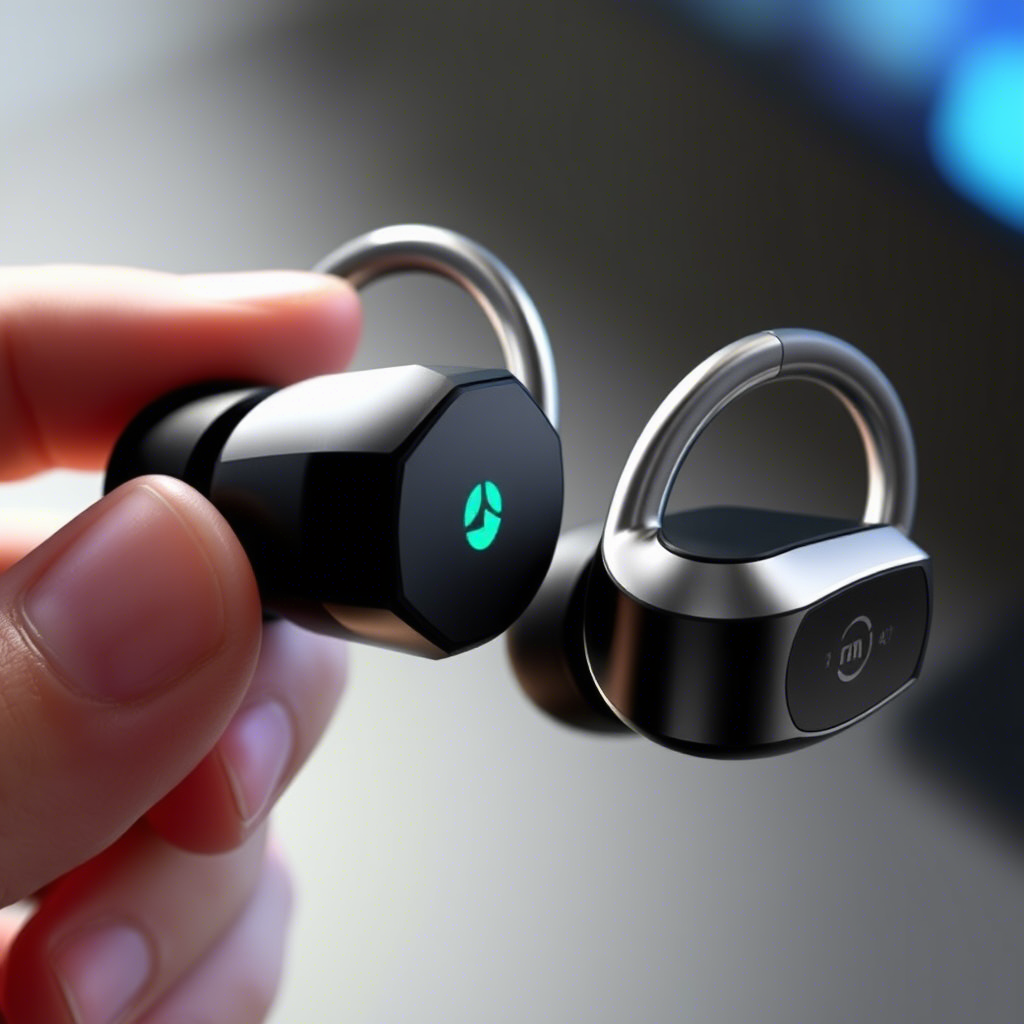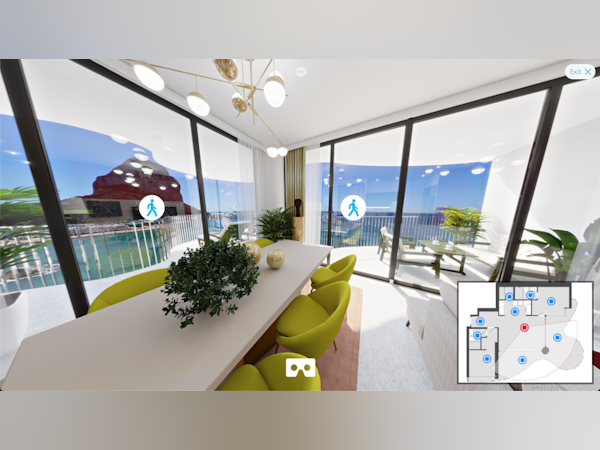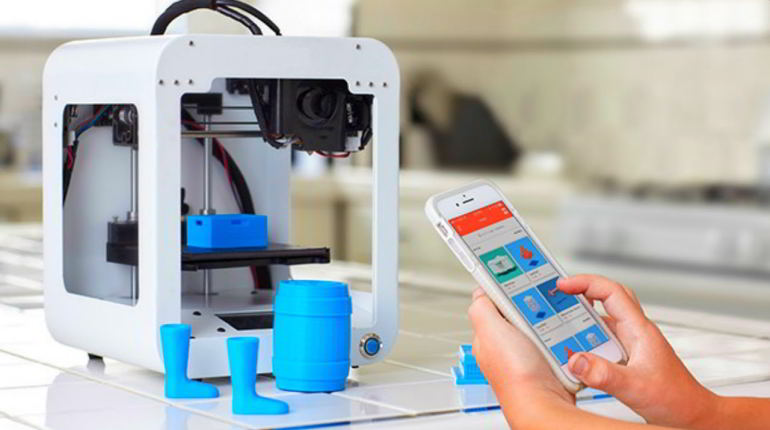
After hearing about the amazing things a 3D printer can do, you decide to purchase one for yourself. Printed models are something you want to do: a phone case, cosplay material, figurine, musical instrument – there are endless possibilities.
Before you jump into the world of 3D printing, here are a few things you should know.
In today’s market, 3D printers come in a wide range of specifications that cater to different needs.
Also, 3D printing has a lot of technicalities that you need to understand. We have put together a list of ten things you should know before buying your first 3D printer to help you decide which one to purchase.
3d Printer Types
A 3D printer is a machine that can produce physical materials using various technologies. You are probably familiar with the one using Fused Deposition Modeling (FDM), which is most popular among hobbyists.
Modeling Based On Fused Depositions (Fdm)
Using FDM, a model is made from heating and extruding plastic, which is then layered together.
There are more widely available and easy to find 3D printers that work on FDM, since there are more 3D printers mentioned in this post.
Besides stereolithography, there are two other types of 3D printing as well: selective laser sintering (SLS) and stereolithography. FDM is much cheaper, but SLS is much more expensive.
Stéréolithography
In stereolithography as well, a pool of photosensitive liquid is hardened using ultraviolet light instead of plastic extrusion.
The printout is of higher quality as a result.
Sintering By Laser Selectively (Sls)
A SLS process is similar to a stereolithography process, except that instead of using UV light and liquid, it uses lasers and powders. In order to create a layer of the printed material, the powder is melted with a laser.
Metal objects can be printed using some of these models, which isn’t possible using the other two processes.
You Can Buy One Or Build One
Since the 3D printing community is composed of creators and makers, it is understandable that many of them would like to build their own machines.
If you want to go this route, there are online instructions and 3D printer kits you can buy.
Although you can save money by building your own printer, you can always buy a pre-assembled printer if you don’t have the time to do so.
If you plan to experiment with the technology, or if you simply intend to get started printing immediately, your final decision will depend on your preference.
Price
Market price is one of the main factors that can help turn 3D printers into a mainstream technology. 3D printer Price is determined primarily by output quality.
Professional printers, such as the MakerBot series, can cost up to $2000, in general. There are also higher-quality ones that go above $1000. If you are just dabbling in 3D printing, you can start with models for under $100 if you want to start small.
As printers gain in popularity and competition intensifies, the prices will decrease and the quality will continue to improve. Neither these printers nor the materials for printing your products come with them.
Materials may vary from product to product, so you will need to acquire them separately.
Printed materials
A 3D printer requires two types of materials: poly lactic acid (PLA) and acrylic acid butadiene styrene (ABS). These are both thermoplastics that, when heated, become soft and malleable, and when cooled, become frozen.
Spools of filament weighing 1kg (2.2lbs) are priced around $30.
Here are the good and bad things about both materials.
Choosing the Right Option
To create a successful final product, you need to choose the right material. The printer you choose is based on the material you choose. The fact that not all printers can accept both types of materials is important to keep in mind.
It doesn’t matter much what diameter the filament is – 1.75mm or 3mm – as far as quality is concerned. In general, most printer brands use 1.75mm, so we recommend starting there.

